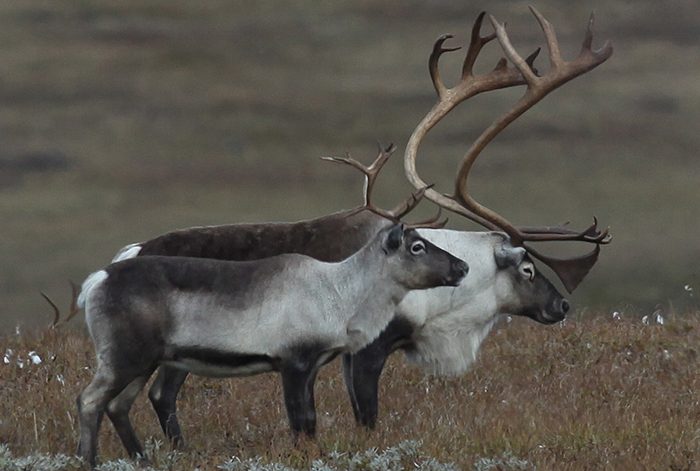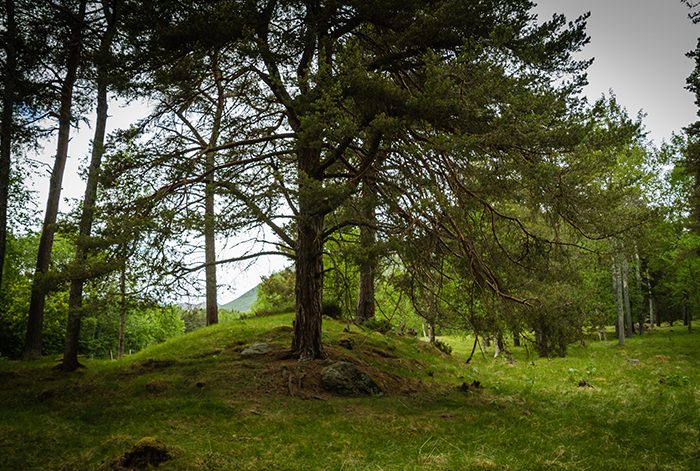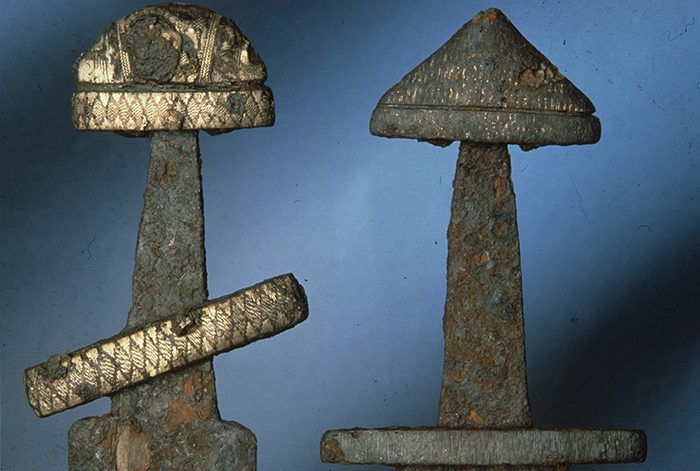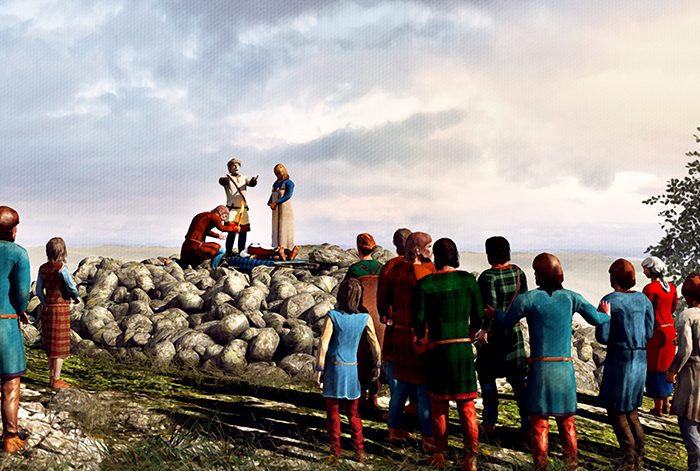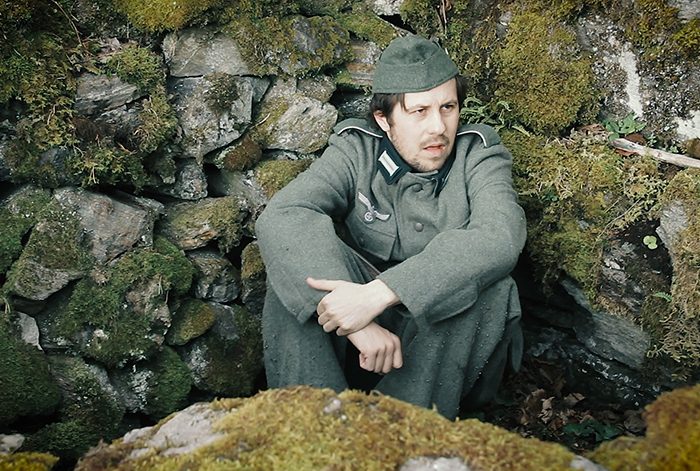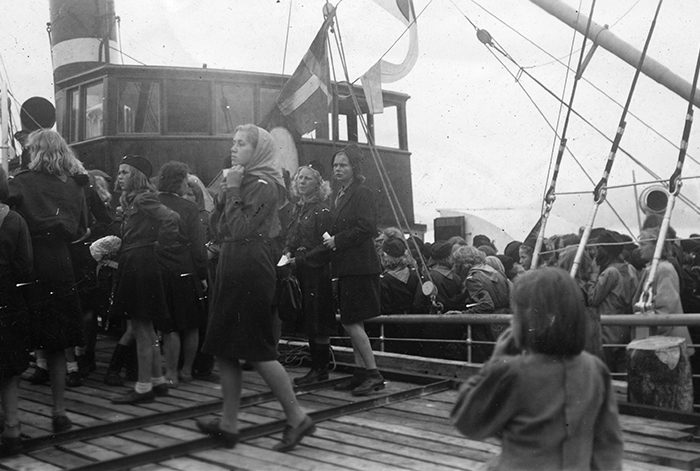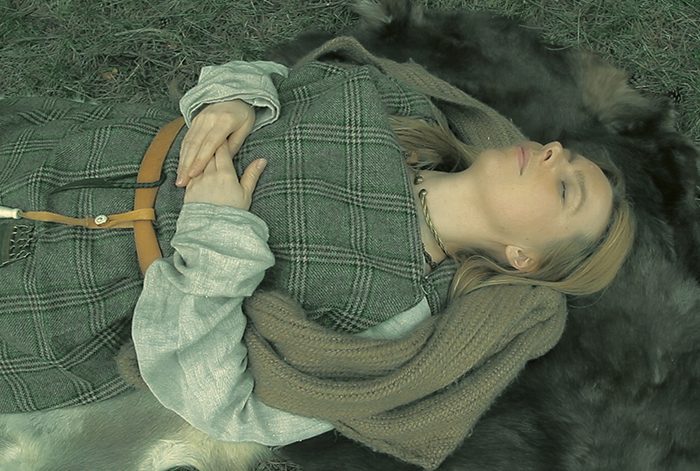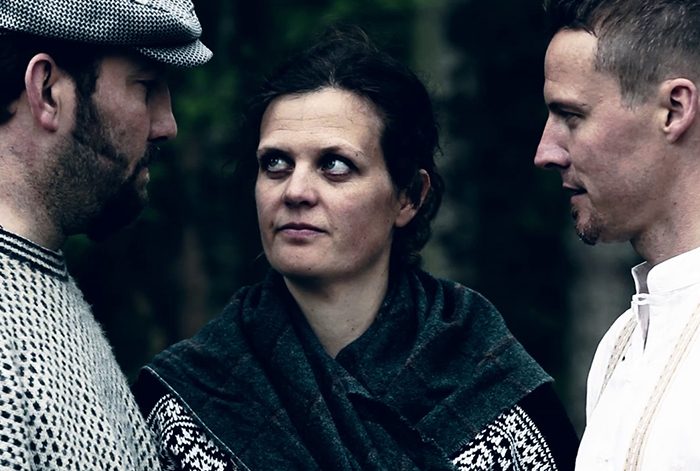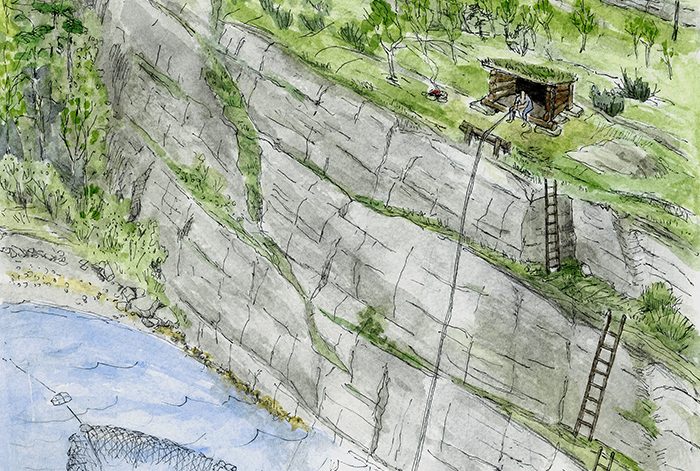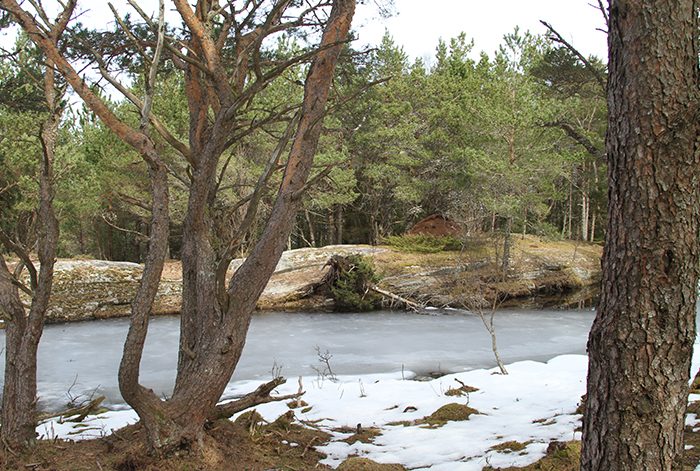Archives
Villreinfangsten
Posted by Pål Ødegård on / 0 Comments
Alt er klargjort til den store villreinjakta. I flere uker har folk fra bygda ryddet og renset gropene i de store fangstanleggene i fjellet og i dalsida og dekt over gropene med greiner, kvist, løv og torv. Det hadde vært litt av en jobb og alle hadde tatt sin tørn i arbeidet, liten som stor,...
Gravfeltet på Vang
Posted by Pål Ødegård on / 0 Comments
Å gravlegge en person i vikingtida var en offentlig begivenhet som alle deltok i. Gjennom ritualer og gravas plassering i landskapet ble slekta, de levende og den dødes status markert. Graven skulle synes og vi finner dem på høyder, nær bebyggelse eller langs veger. For Vangfeltet var nærheten til de viktigste veiene gjennom bygda avgjørende....
Gravgodset på Vang
Posted by Pål Ødegård on / 0 Comments
Ingen fortalte for ettertiden hva som skjedde da oppdalinger ble gravlagt i gravfeltet på Vang. Gravleggingene skjedde over en periode på flere hundre år før 1000-tallet etter Kristus. I ettertid undret folk seg over hva som skjedde. De forstod at mer enn 800 hauger måtte skjule graver. Men hvor langt tilbake i tid og hvorfor...
Valseidet – Gravskikk i jernalderen
Posted by Pål Ødegård on / 0 Comments
Gravene i jernalderen er en vrimmel av variasjon. De er runde, firkantete, stjerneformete og lange. De er røyser, jordhauger eller groper i bakken. De er store og ruvende, små eller ingenting. Noe av variasjonen kan tilskrives nye moter og impulser utenfra. Noe forteller historier om den døde. Noe er historier om de etterlatte som bygde...
The Coastal Cairns at Slakken and the Deserter Cabin
Posted by Pål Ødegård on / 0 Comments
The large coastal cairns at Slakken are memorials to friends and loved ones buried during the Early Iron Age, more than 1,500 years ago. The cairns are particularly visible from the sea, and to seafarers they signalled that people lived on this land. The dead residing in the mounds could gaze across both land and...
The Refsneshagen Homestead
Posted by Pål Ødegård on / 0 Comments
A summer day in 1913 Olai runs along the road to Refsneshagen. In his pocket he has the letter to Uncle John in America. He hurries a little, as his mother has told him to come straight back home, since dinner is almost ready. He knows the road well; he has walked it with his...
The Iron Age Burial Ground
Posted by Pål Ødegård on / 0 Comments
Sometime during the Early Iron Age, more than 1500 years ago, a woman was buried in a mound on a Refsnes hillside. Some of her belongings were placed in the grave with her, and on top of the tomb, friends and family assembled a cairn of rocks as a monument to her. Over time, the...
A Place of Execution
Posted by Pål Ødegård on / 0 Comments
Once upon a time there were two married men from Stjørna. They both took a fancy to Barbara, the wife of the farmer at Husby. One winter Barbara and the two lovers came up with a plan to get rid of her husband. They drilled a hole in the wall right by the bed of...
The Salmon Vorp
Posted by Pål Ødegård on / 0 Comments
There once stood a simple log cabin on the Refsnes oceanfront. In the cabin, men sat patiently waiting for the salmon to enter the bay. This was the vorp, an ancient fishing method which is also called ståarnot or sitjenot, meaning sitting net, because you sit, waiting and scouting for salmon. In the sea below...
The Ice Pond
Posted by Pål Ødegård on / 0 Comments
At the start of the 20th century, landowner Anders Refsnes (1879-1939) dammed up the pond on his farm in order to produce ice. The ice from the new ice pond was needed to keep the salmon caught in the seine nets at the farm cold and fresh during the voyage to Trondheim. Today the ice...

